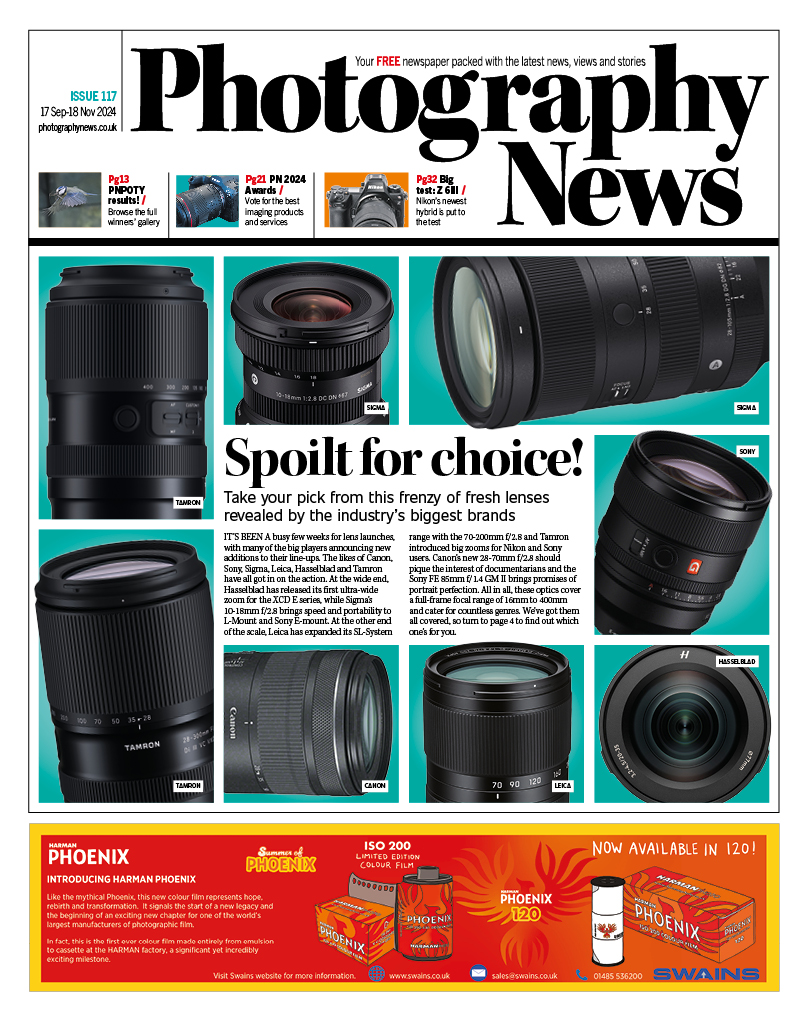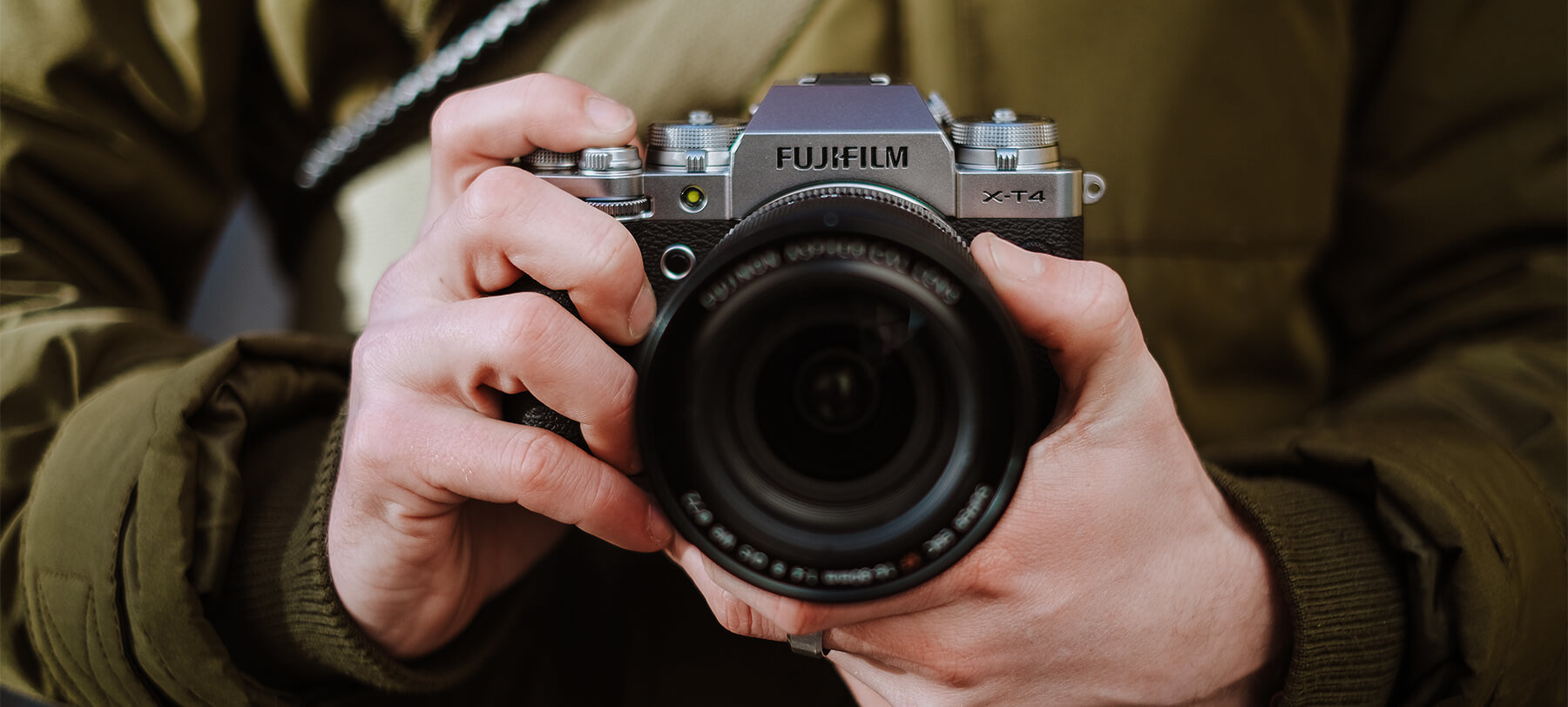
Fujifilm unveils X-T4
Posted on Feb 26, 2020
Fujifilm’s latest model in the massively popular X Series is the X-T4, a mirrorless camera that can rattle along at 15 frames per second with its whisper quiet shutter – and there’s much more that grabs the attention, too.
Fujifilm’s X Series has struck a chord with many photographers with its traditional, user-friendly control layout with shutter speed, ISO and compensation dials. Its latest model, the X-T4, follows in the same vein as its predecessors. Indeed, it shares key features with the X-T3, which continues in production for the foreseeable future. Both models have the same back illuminated 26.1-megapixel X-Trans sensor and X-Processor 4 imaging engine, although the X-T4 has gained a new Film Simulation mode, Eterna Bleach Bypass, for low saturation, high contrast output.
Three major key component innovations feature on the new camera.
First, there is a new focal plane shutter mechanism featuring a high torque coreless DC motor that means you can now shoot at up to 15fps in burst mode, making the X-T4 one of the fastest APS-C mirrorless models around. Response time has also improved and shutter lag is down to just 0.035secs. The shutter has been toughened up and it is durable enough for at least 300,000 actuations. It is around 30% quieter than the X-T3, too.
The second new component is probably the most important for many potential buyers. The X-T4 has a five-axis, in-body image stabilisation (IBIS) mechanism that offers up to 6.5EV benefit when used with 18 out of 29 XF/XC lenses, which is a seriously useful benefit to still and video shooters. The X-T4’s IBIS unit uses magnetic force rather than springs, enabling a more compact and effective system with new gyros that have eight times the accuracy of the IBIS unit used in the X-H1.
The final major component change is the NP-W235 battery. Up to now, Fujifilm X Series cameras have used the NP-W126S battery, but the new model offers 1.5 times the shooting capacity, offering up to 500 shots in normal mode and 600 frames in economy mode. If you buy the optional vertical grip VG-XT4, which takes two cells, you will have a 1700 frame shooting capacity if you take into account the battery in the camera, too. USB-C charging is also possible.
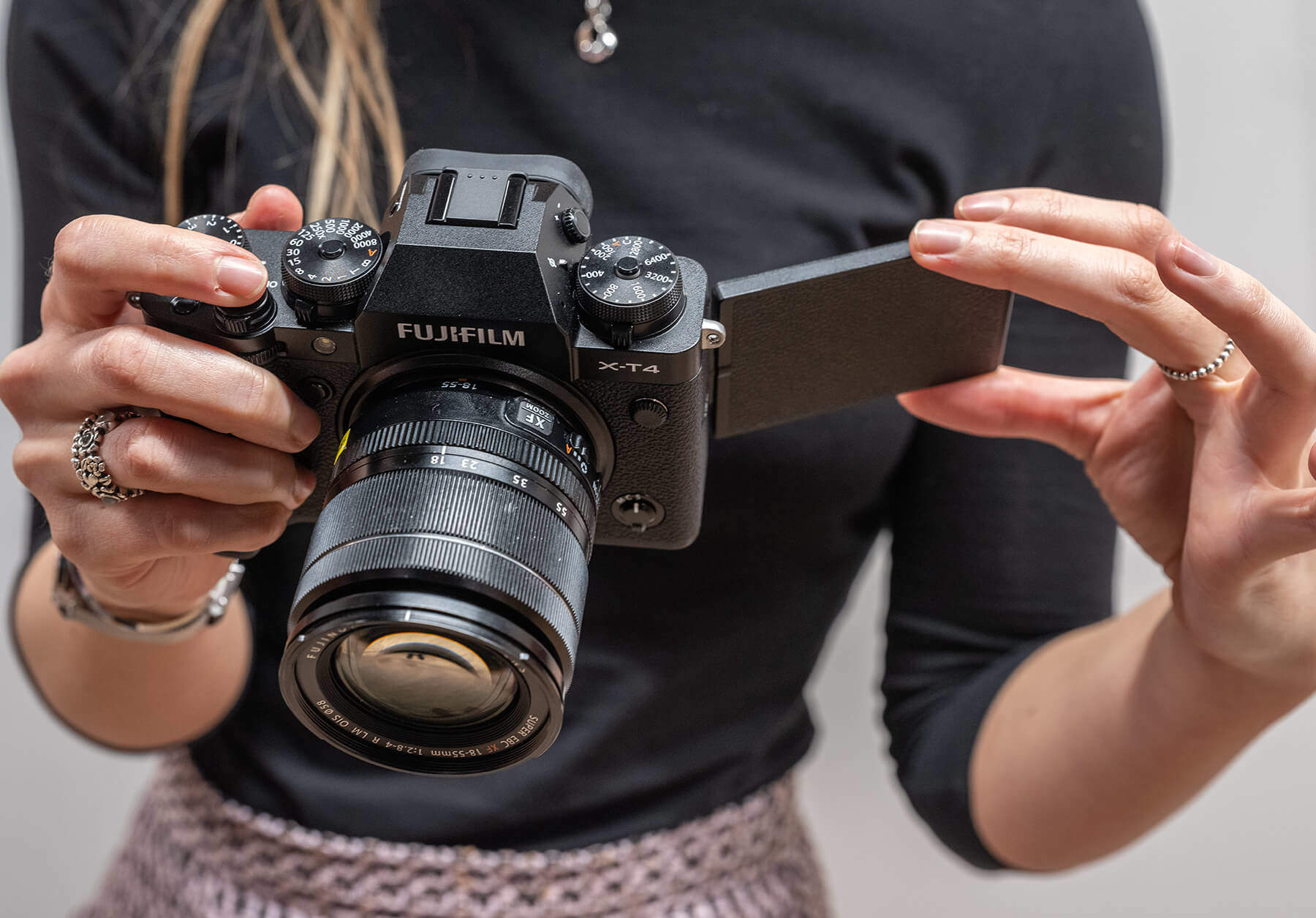
While there are three big component changes, the X-T4 has some important design innovations, too. The monitor is a 1.62 million dot vari-angle design so can be positioned to one side and face forwards, which is sure to appeal to vloggers, while still allowing low/high/waist-level shooting. The LCD/EVF can also be boosted in three ways: low-light priority for a clearer view in dim lighting; resolution priority to display the finest details in a scene; and frame rate priority for minimal blur when shooting moving subjects.
While the autofocus system is the same as the X-T3, it has gained a new algorithm for better, more accurate tracking when shooting at 15fps through the EVF or 8fps in live view and face/eye detect has been improved, too.
Switching between still and movies modes is made simple on the X-T4. Rather than accessing video mode via the camera’s drive menu, as on existing X Series models, there is now a dedicated collar that sits at the base of the shutter dial. Plus, there are now independent still and movie menus, so no need to reset or adjust menu features as you switch shooting functions. This includes the Quick button where you can now also have four, eight, 12 or 16 slots showing in still and video shooting.
Video features have also been enhanced. Now, there’s Full HD video at 240p for ten times slow-motion effects, an image stabilisation boost mode for even more stable shooting and video can be recorded to SD cards at the same time as back-up. There is a mic socket and headphones can be attached via the USB-C socket – an adapter is supplied with the camera for this. For videographers who want to mix video formats, 4K and Full HD 240p for example, there is now a fix movie crop magnification function, so the angle of view stays constant as you swap between video modes.
Fujifilm X-T4 stocks are expected in the shops from late April and the price for the body only is £1549. Price for the X-T4 and the 18-55mm zoom is £1899 and with the 16-80mm, £1949.
Fujifilm X-T4 key features
- IBIS mechanism with 6.5EV benefit with most Fujifilm XF lenses
- 26.1 megapixel backlit sensor
- New battery gives 500 shots in normal mode
- New quiet shutter, enabling 15fps boost shooting
- Vari-angle monitor
- Improved autofocus
- Dedicated still/movie control
- Eterna Bleach Bypass Film Simulation mode
- Full HD 240p video mode
- Two SD card slots
- Optional vertical grip
Fujifilm X-T4: Will Cheung gets hands-on
I had the chance to try a pre-production X-T4 camera with an X-T3 nearby for comparison.
While the X-T4 body is the same height as the X-T3, it is slightly deeper and features the same contoured profile handgrip. For me, this made the new camera even more comfortable to hold and allow a solid grip.
I really like the major control changes Fujifilm has made on the X-T4. I wasn’t a fan of video mode buried in the drive menu, but now there’s a dedicated dial and that is much better and such an obvious step. Having independent video and still menus seems obvious, too, and now we have that on the new camera. It means the still and movie menus can be separately configured, which means you do not have to dig into the menus and alter settings when you go from stills to movie shooting and back again.
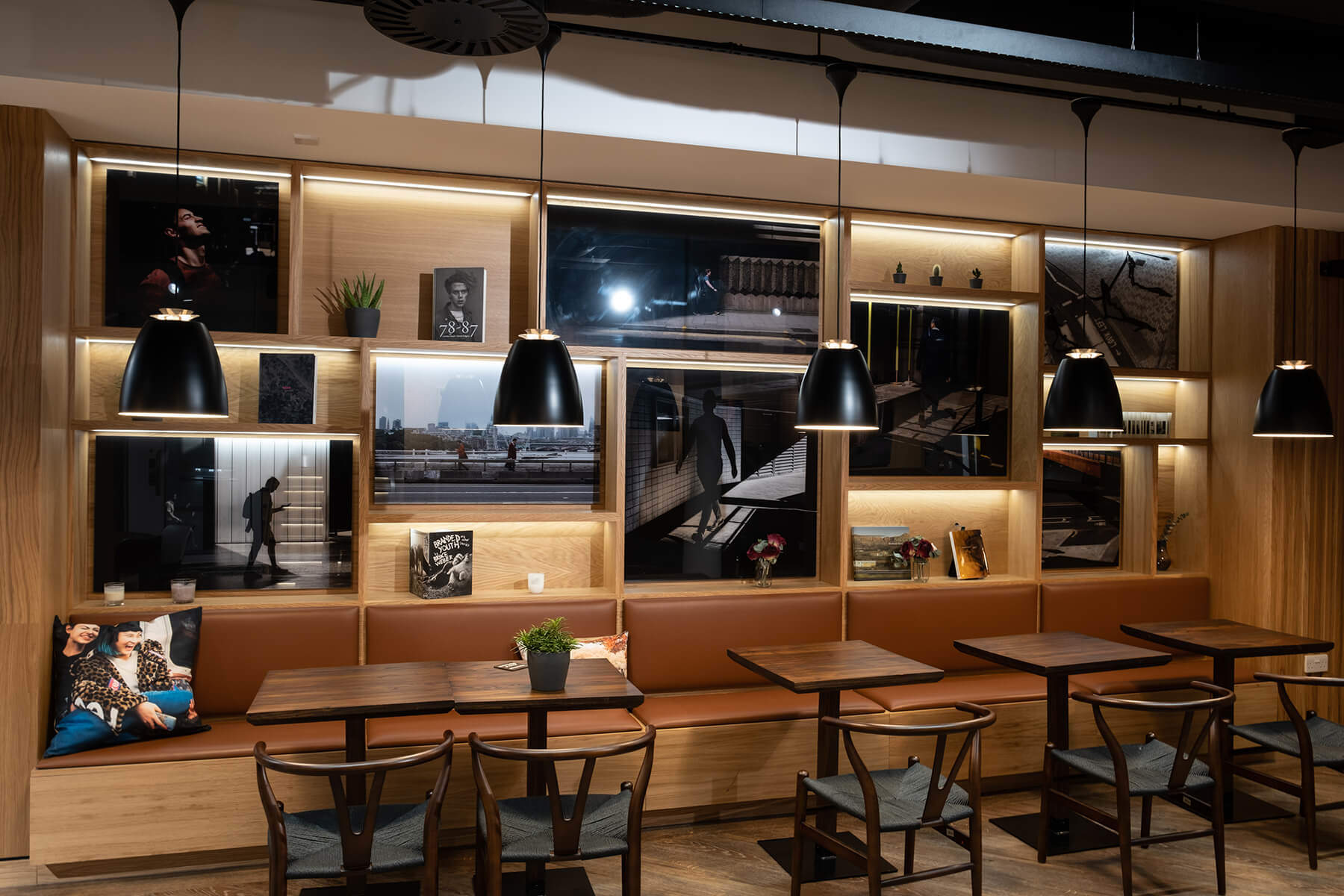
Speaking of menus, I really like the Q Menu having the option of four, eight, 12 or 16 slots – when I shoot with Fujifilm X Series cameras, I find myself with four options anyway – so to me this is a simple but useful change.
The vari-angle screen flips out sideways and can face forward so it’s ideal for vloggers and selfie shooters, but might be less welcome for those who like to shoot waist level discreetly. Of course, this is still possible but the downside is that the screen is out to one side so more obvious.
If it is discretion you’re after, the new focal plane shutter gives it. It is very smooth, low pitched and really quiet – it’s so quiet that in normal situations it’s barely audible. It means the mechanical shutter is usable in almost any situation without attracting attention, instead of using the electronic shutter, which does have issues in fluorescent lighting for example.
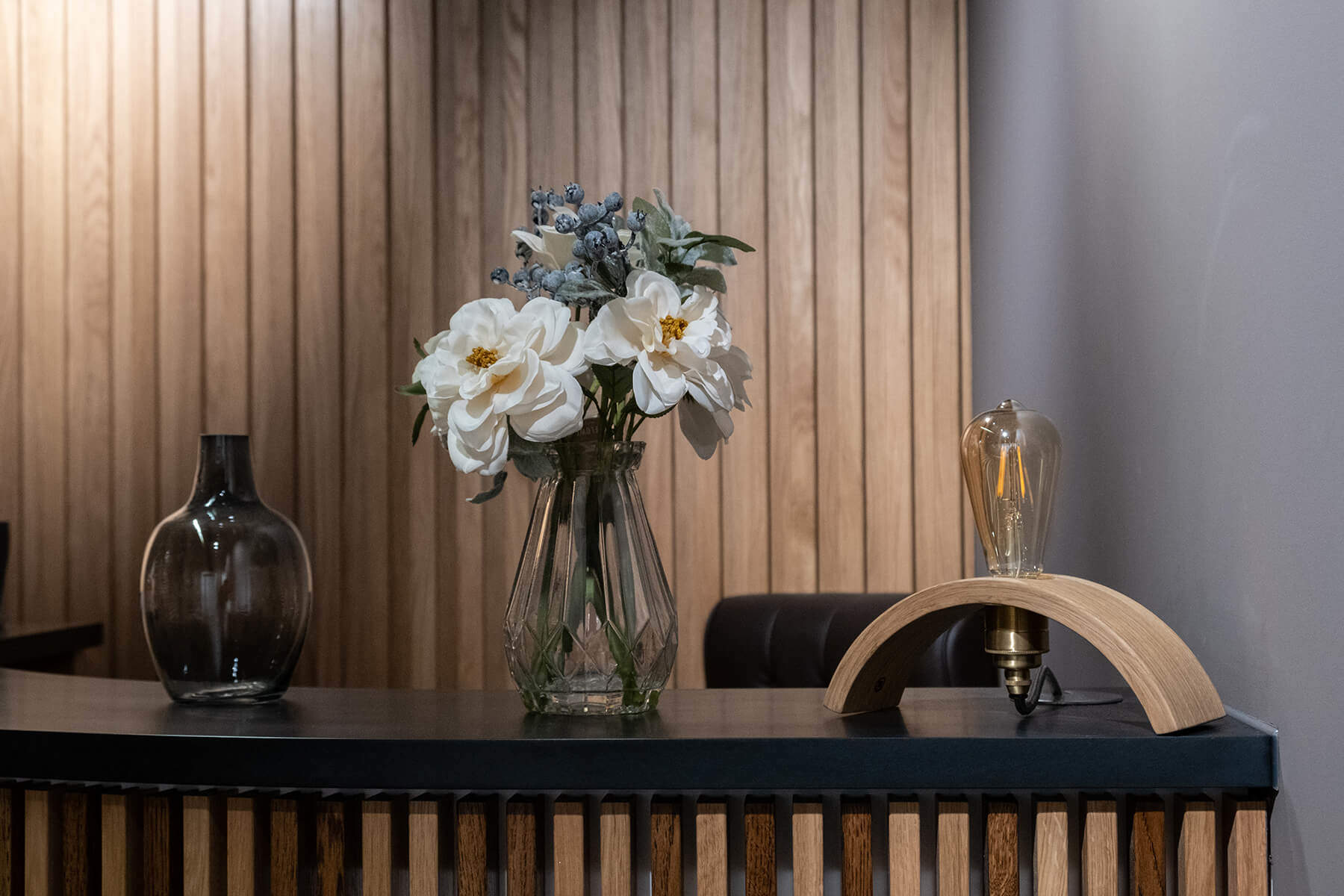
The new AF algorithm made a significant impact on the responsiveness and speed of focusing. The actual AF system in the X-T4 is the same as in the X-T3, but doing a side-by-side comparison showed how superior the new camera was with tracking and face/eye detect. In a quick test, I had the camera on a tripod and then moved around in front of the camera while videoing myself moving around, walking in and out of frame and turning my face to and from the camera. The AF tracked my face/eyes impressively well. When it did lose me – for example, when I turned around – it took an instant or two for the AF system to reacquire me but it managed it.
Finally, I tried the X-T4’s IBIS, shooting the same indoor scene using the 18-55mm zoom at 18mm. I got three out of five shots at 0.5sec pin-sharp, but I didn’t get sharp shots beyond this shutter speed with this pre-production sample.
You can’t make any judgement after an hour with a pre-production camera, but I walked away impressed with the Fujifilm X-T4. Its handling, the autofocus, IBIS and the way still and movie shooting has been streamlined gives it a great appeal.
For more information, visit the Fujifilm website.



